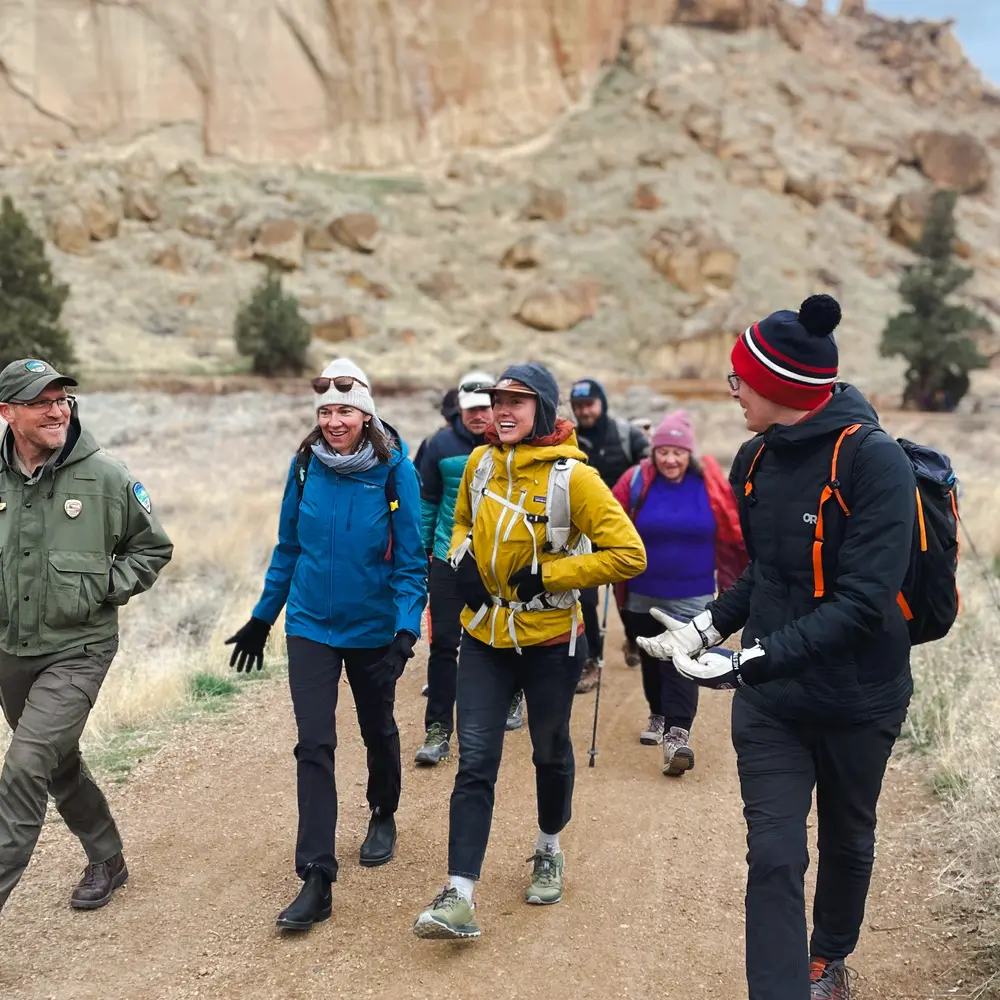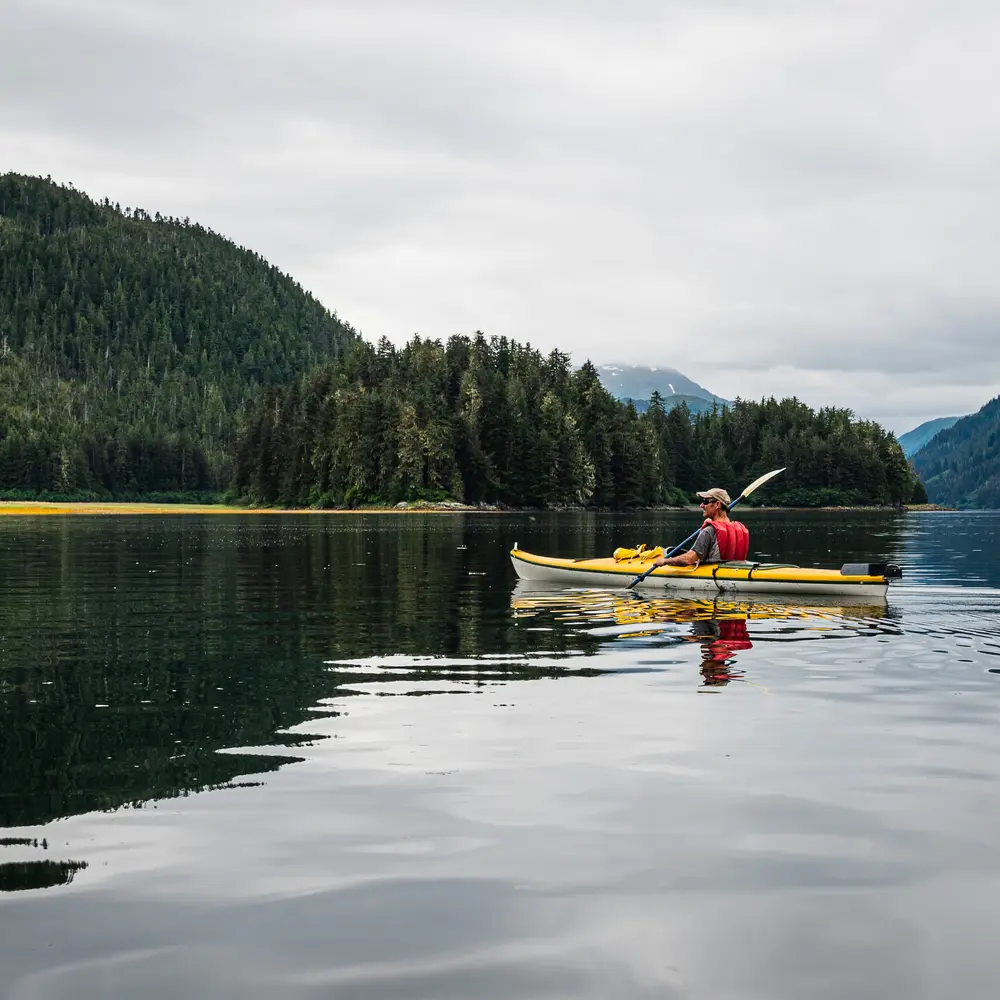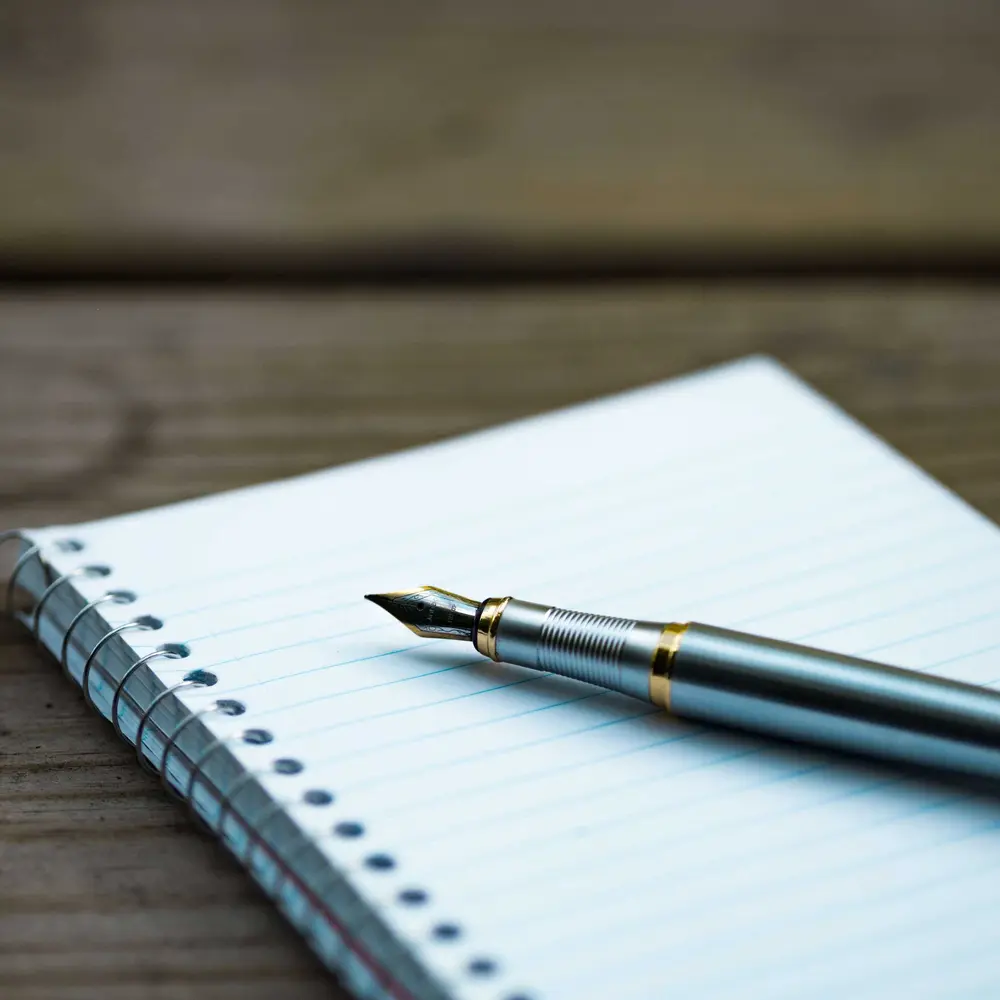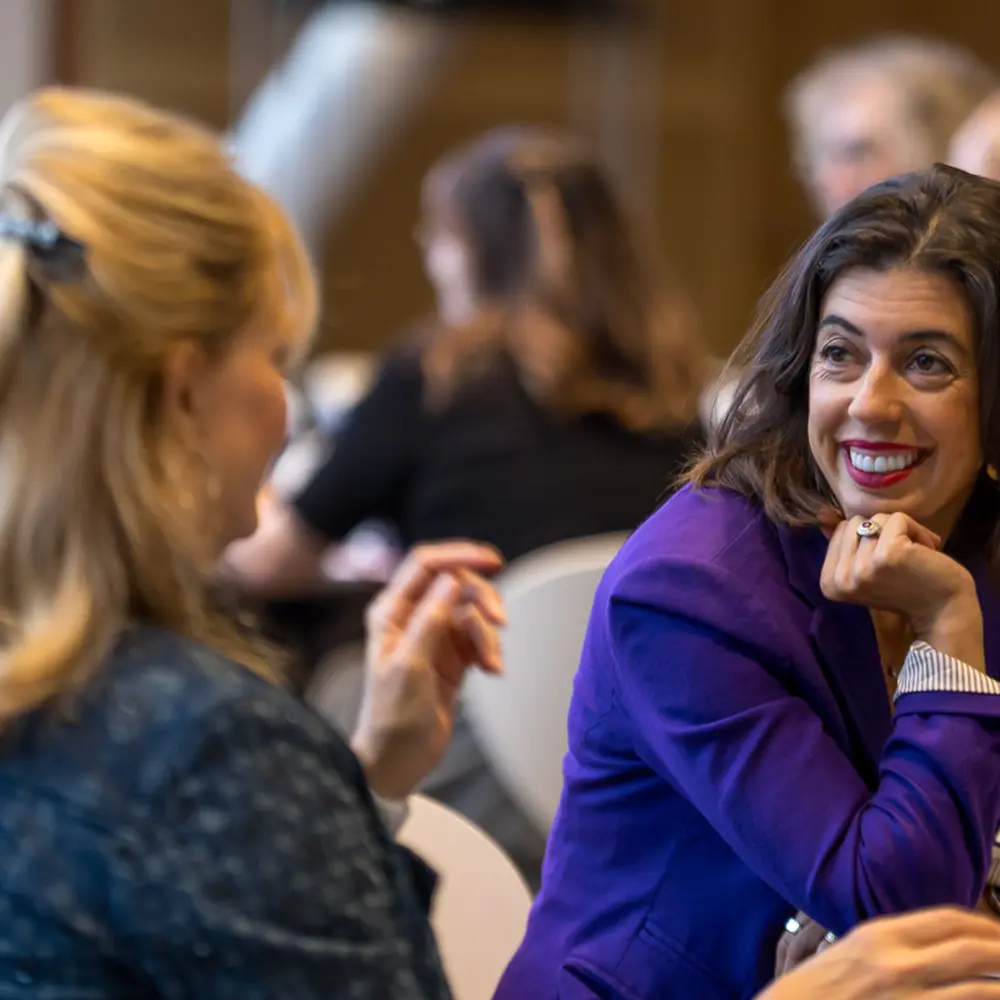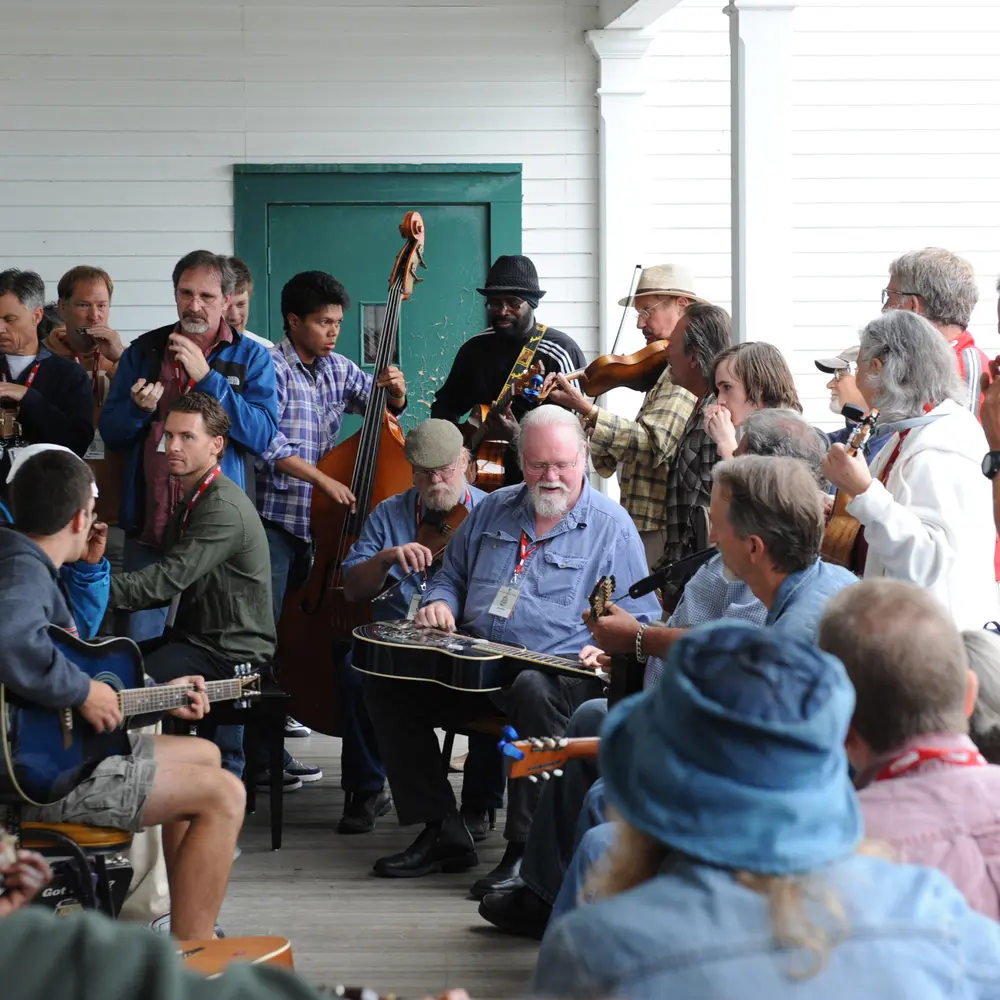The role of a Partners in Science coach is to act as a support to partners during their time in the program. These master teachers are independent contractors for the program and are paid by the Trust. Coaches will lead a virtual orientation meeting for all new partners before their research begins. Each partner will be assigned to a coach who will visit the partner’s lab once each summer. Coaches also lead the Partners in Science Teaching Practices Conference in August and help support the Murdock Trust program staff in running the Research Symposium in January. Meet our fantastic team of science teachers who have each been through the program and are eager to work with new partners!
Partners in Science Coaches #
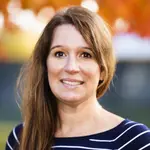
Emily Carson #
Emily Carson is a National Board Certified teacher of secondary science at Olympia High School in Olympia, Washington. She teaches Physical Science as well as two college level classes, Physics 101: Introduction to Astronomy and Geology 101. Prior to her teaching career, Emily worked as a professional geologist on projects ranging from earthquake risk evaluations, landslides remediation, mapping nearshore bar migration on the Washington and Oregon Coast, and landfill gas extraction installations. She earned her undergraduate degree from Evergreen State College and a master’s in science in Geological Sciences from University of Oregon. Emily first joined the Partners in Science program as a grant recipient in 2017. For her grant research she worked with Patrick T. Pringle professor (emeritus) at Centralia College on Tracking Ancient Earthquakes: Further Adventures in the Use of Dendrochronology and Radiocarbon Dating to Investigate a Subfossil Forest in Puget Lowland and Southeast Olympic Mountains. In 2021, Emily was awarded the Murdock Exemplary Teacher Researcher Award and joined the Partners in Science coaching team. Emily believes that her experiences gained with the Partners in Science program has had an invaluable impact in her inquiry-based teaching of the practice of science. When not at work, Emily enjoys time outside adventuring on the slopes, in the woods, and near (and in) the water with her husband and two sons, and their dog, Princess Buttercup.
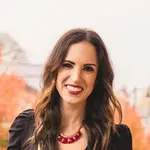
Lisa Cavola-Chilcote #
Lisa Cavola-Chilcote currently instructs IB Biology and Bio 1 at Columbia River High School in Vancouver, WA. She is also an Adjunct Biology professor at Lower Columbia College, specializing in Human Anatomy & Physiology. With a lifelong passion for biology and science, Lisa began her journey at a young age, attending Oregon Zoo camps and accumulating over 600 volunteer hours as a ZooTeen and primate intern. In high school, her academic pursuits led her to collaborate with Dr. Cheryl Schultz at Washington State University, Vancouver, conducting research on herbicides’ effects on butterfly survivorship. Lisa holds a B.S. in Biology from the University of Washington and has engaged in international conservation efforts, including studying Loggerhead sea turtles in Greece and avian biodiversity in the Peruvian Amazon rainforests. After starting her career as a field biologist studying desert tortoises in the Mojave Desert, she transitioned to teaching, earning her Masters in Teaching from Western Washington University in 2015. In 2017, Lisa reconnected with Dr. Schultz and joined the Partners in Science program as a grant recipient in 2019. Her research focused on climate change and land management’s impact on Pembina blue butterflies and Oregon silverspot butterflies. Lisa is excited to continue her professional relationship with the M.J. Murdock Partners in Science program as a coach to support science teachers in real science research, enrich classrooms with experiential learning, and use science to advocate for social change. Outside of education and science research, Lisa enjoys baking, teaching yoga, painting, and exploring the outdoors with her husband, daughter, son, and goldendoodle.
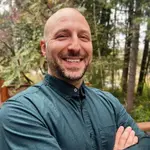
Brian Pendergrass #
Brian Pendergrass is a veteran IB Biology and Biotechnology teacher at Hillsboro High School in Hillsboro, OR. He conducted his initial teacher internship in the Skalsky Lab at the Vaccine & Gene Therapy Institute at the Oregon National Primate Research Center on the Oregon Health Science University West Campus in the summers of 2018 and 2019 studying Epstein-Barr Virus microRNA immune system interactions. After his initial two-summer research internship, he completed a Supplemental Grant developing a Biomanufacturing course focusing on the production of protein-based pharmaceuticals in partnership with Genentech, Inc., a locally operated biotechnology company and worldwide leader in protein-based therapeutics. Brian recently joined the coaching team. He is most enthusiastic about the opportunity to work closely with other motivated and ambitious teacher-researchers. Before becoming a teacher, he spent 10 years working as a molecular biologist in research labs across the West Coast and in Europe, and looks forward to sharing his unique perspective and background as both a research scientist and educator with other teachers eager to incorporate real-world scientific research experiences into their curriculum to best expand the educational opportunities for their students. Outside of the classroom and research lab, Brian enjoys watching Liverpool, Timbers, and Thorns soccer matches, playing the trading card game, Magic: the Gathering, and exploring new playgrounds with his wife and two young daughters.
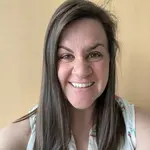
Ally (Reamy) Butts #
Ally (Reamy) Butts teaches 7th and 8th grade general science in person at Columbia Falls Junior High in Columbia Falls, Montana, and Oceanography online for the Montana Digital Academy. Ally’s Partners in Science journey began in 2018 as a partner at Montana State University, where she worked and researched in the campus geophysics iCAL lab to characterize earth’s materials using microimaging and spectroscopic methods. Reflecting on her experience with this program, Ally says, “The Partners in Science program transformed my classroom teaching in a way I could have never imagined, giving me the confidence to have kids work hands-on and collaboratively. I look forward to my coaching experience with teachers and helping them build this confidence in their classrooms, too.” Outside the classroom, her family loves to spend time recreating in their “backyard”. Living only 19 miles from the shores of Lake McDonald in Glacier National Park, her family spends much of their summers hiking and camping in arguably one of the most beautiful spots in the United States.
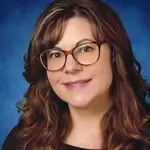
Allison Winward #
Allison Winward teaches AP biology and honors biology at Kamiakin High School in Kennewick, WA. She has also taught in Seattle and Spokane. Allison became a Partners in Science teacher-researcher in 2019. She investigated The Role of Arbuscular Mycorrhizal Fungi in Palouse Prairie Restoration with Dr. Tanya Cheeke at Washington State University Tri-Cities. In 2022, Allison was awarded a Partners in Science Supplemental Grant that supported equipment and supplies utilized by her students in the field and in the classroom as they studied the impact of mycorrhizal fungi on restoration of Columbia Basin shrub-steppe habitats after wildfire. Eager to build upon the community connections she’s made through the program, Allison recently became a Partners in Science coach. “Involvement with Partners in Science equipped me to facilitate process-oriented science with my students that is on par with research being done at our local university,” she says. “As a coach, I love empowering other educators across our region to bridge the world of ‘real science’ to the world of the ‘real classroom’ through quality STEM learning.” Allison enjoys gardening with native plants, cooking gluten-free recipes, and spending time with her husband and two young-adult children.

